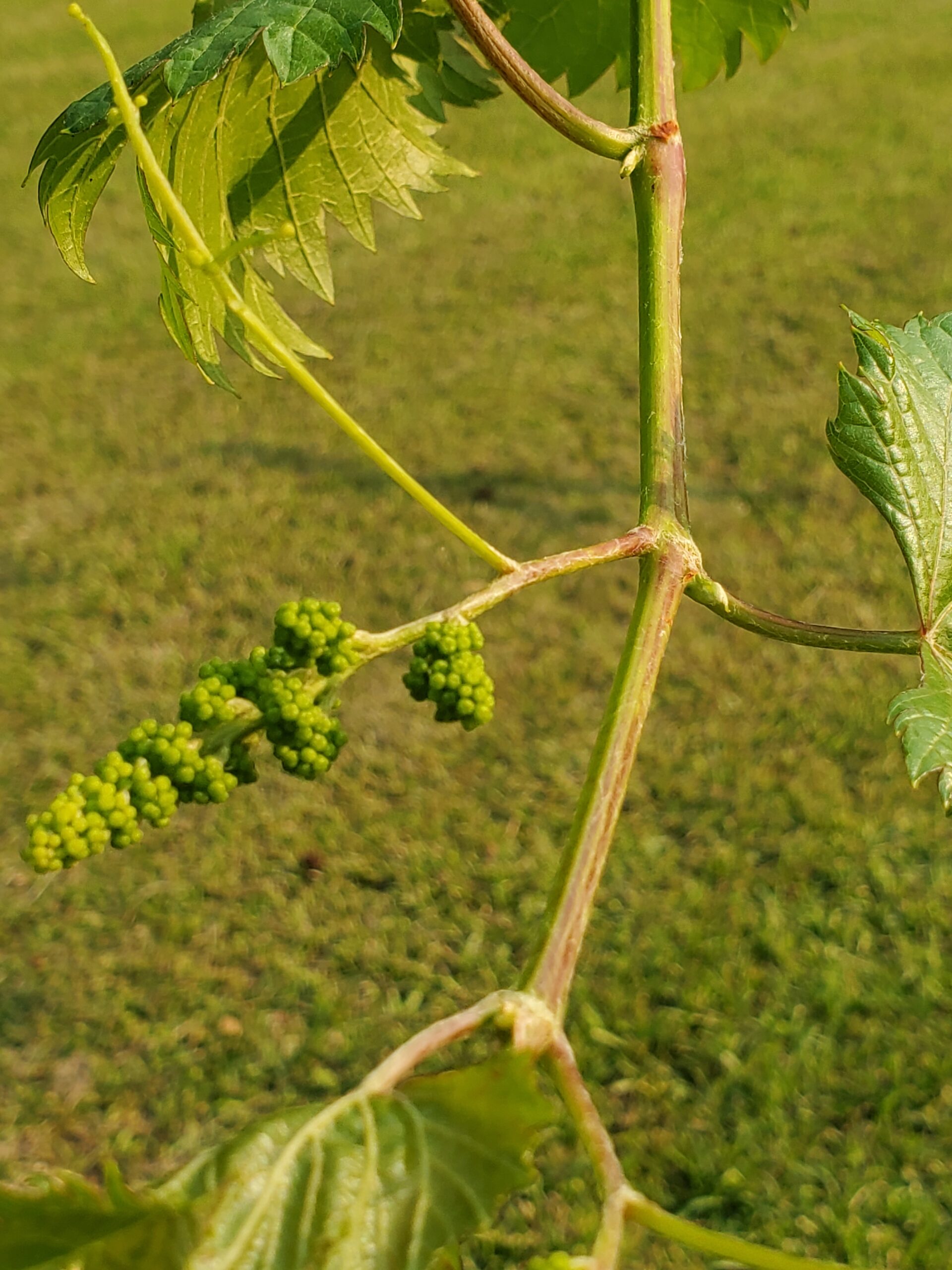In our increasingly mechanized world, communities are often praised for how efficiently they operate. We marvel at systems that “run like a well-oiled machine” or mimic the natural order of the insect kingdom—specifically, hives. Whether it’s bees in a colony or ants in a tunnel, hive creatures represent teamwork, hierarchy, and function.
It raises an interesting question: why didn’t Jesus ever compare His followers to ants or bees?
After all, hive animals are the gold standard of collective behavior. Bees sacrifice for the hive. Ants can carry more than their body weight for the good of the colony. In many ways, their behavior exemplifies discipline, selflessness, and coordination—traits many religious communities aspire to.
But in the Gospel of John, Jesus uses a surprisingly different image.
“I am the true vine, and my Father is the gardener… I am the vine; you are the branches. If you remain in me and I in you, you will bear much fruit.” — John 15:1, 5 (NIV)
He could have spoken of hives. He could have described an ant hill. But He didn’t.
Instead, He chose a vine—a slower, more organic, more intimate metaphor.
And in that choice, He revealed something profound about what it means to belong in His Kingdom.

A Different Kind of Community
Hive creatures are incredibly structured. Bees and ants function based on biology, not choice. The queen is central, yet often unseen. The workers don’t know her, but they serve her instincts.
In contrast, Jesus uses an image that’s alive and personal. “The vine and branches is a metaphor of communion, not control,” says Dr. N.T. Wright, New Testament scholar and former Bishop of Durham. “It speaks to the mutual indwelling that defines Christian life—Christ in us, and we in Him.”
Where hive life is about duty and survival, the vine is about abiding and flourishing.
Not Just Function, But Fruit
In the hive, value is tied to usefulness. If a bee stops producing, it is replaced. If an ant is weak, it is carried out of the colony.
But in Jesus’ metaphor, branches are not discarded for underperformance. Instead, the gardener prunes them to encourage new growth.
“Every branch that does bear fruit he prunes so that it will be even more fruitful.” — John 15:2 (NIV)
This is not efficiency; it’s discipleship. It’s care, not competition. Jesus speaks about a God who tends, not terminates.
The Vine Values Connection Over Conformity
Dr. Tim Mackie, co-founder of The Bible Project, explains, “When Jesus talks about abiding, He’s inviting us into ongoing dependence and nearness, not rigid service. It’s a relational metaphor, not an organizational one.”
That may explain why Jesus avoided hive imagery. Hives demand conformity. Each bee is born into a fixed role, with no room for deviation. But the vine accommodates difference.
Each branch grows in its own direction. Each bears fruit in its season. There is unity, but not uniformity.
This echoes Paul’s later metaphor of the Church as a body: “There are many parts, but one body” (1 Corinthians 12:20). Each part—like each branch—plays a different role, but all are vital.
Where the Hive Has a Queen, the Vine Has a Friend
Perhaps the most radical distinction is this: the hive is ruled by a queen who is biologically essential but relationally distant. The workers live and die for her, but they never truly know her.
Jesus, on the other hand, calls His followers friends.
“I no longer call you servants… Instead, I have called you friends, for everything that I learned from my Father I have made known to you.” — John 15:15 (NIV)
The Christian God is not a remote monarch demanding productivity. He is the Vine—present, personal, and nurturing.
Theologian Henri Nouwen once wrote, “The world says, ‘Prove yourself through results.’ But Jesus says, ‘Remain in me, and you will bear fruit.’” It’s a different logic. Not performance-based love, but love that produces fruit through relationship.
What This Means for Us
In our churches, our workplaces, even our families, it’s tempting to prioritize the hive model. Get things done. Know your place. Minimize weakness. Maximize output.
But Jesus pushes back against that instinct.
He invites us into a slower, more vulnerable rhythm—where life is not about proving our value but receiving it from Him.
“Apart from me, you can do nothing.” — John 15:5 (NIV)
These words aren’t a threat. They’re a lifeline. They remind us that the Christian life is not about striving—it’s about staying connected.
Final Reflection: The Model We Choose
So why didn’t Jesus compare us to ants or bees?
Because He didn’t come to build a colony. He came to cultivate a vineyard.
He isn’t raising workers for a hive. He’s growing branches for fruit.
This may not seem efficient. It may not always feel impressive. But it is real. It is relational. And it is rooted in love.
And in a world that often measures our worth by what we produce, Jesus offers a countercultural truth: you are already valued—because you are connected to Him.
My life lately has been centered around caring for the grape vines in our backyard and also attempting to domesticate a wild bee hive into an old hand me down bee hive box. My thoughts this week have been strangely combining them theologically as I also think about how the bees can help pollinate the grapes. If you would like to explore the vines click here.